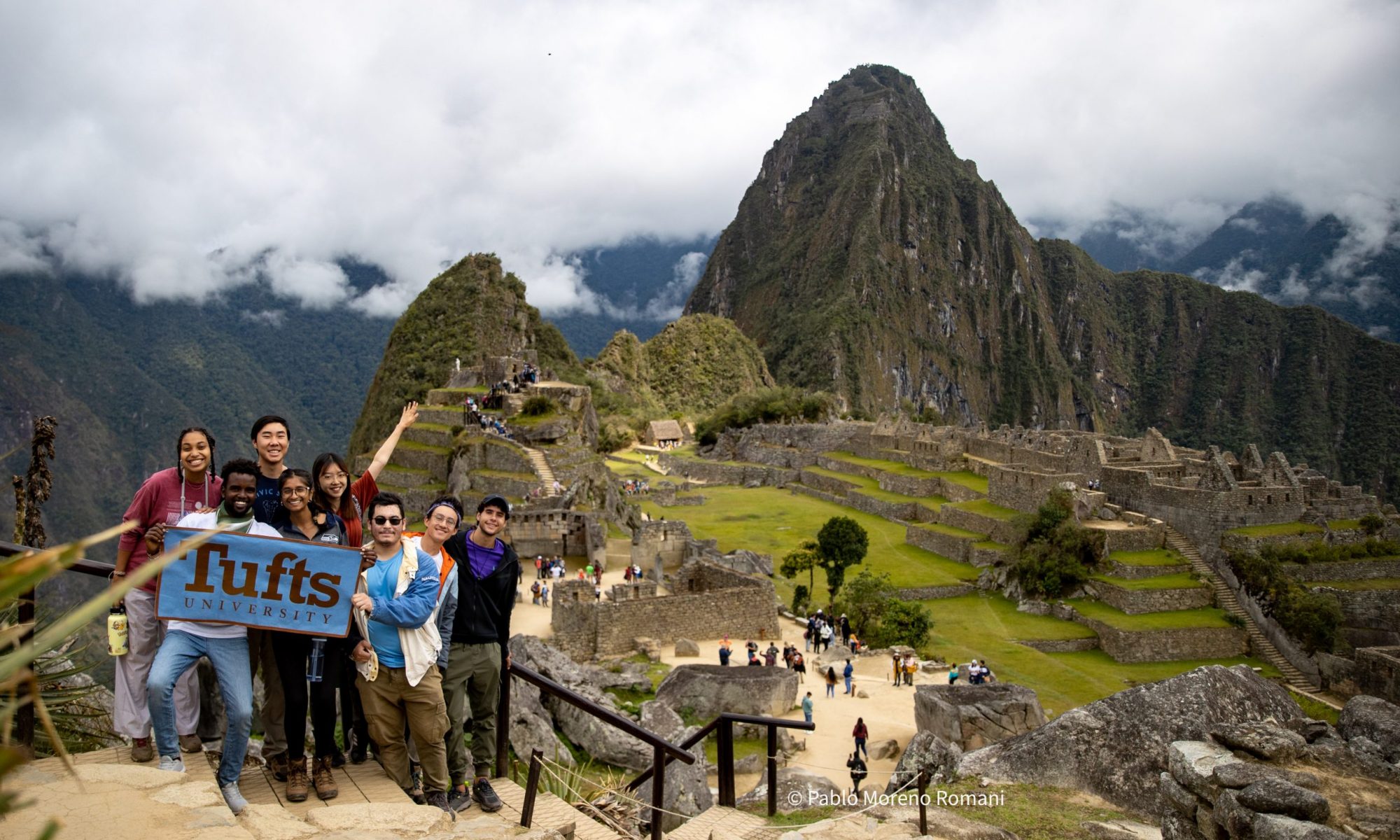
by Audrey, Tufts 1+4 Participant
Dear Ecuador fellows,
During last week’s trip to Manta, in the 15 hours crammed into a busetta, I had lots of time to think about you all. We slept, sang, and ate ridiculous amounts of animal crackers. We talked about the moral obligations of warfare and social hierarchy, and somehow devolved into deliriously playing the triangle game in a guayacil mall.
The day ended hugging at the top of a mountain, watching the most beautiful sunset that I have ever seen. Sad music gave soundtrack to the clouds lapping at the foothills, the orange-streaked sky, and the endless horizon. We stood there looking into a bigger moment, of feeling alone and connected and sad and happy, experiencing a simple moment of beauty and youth, far from home, together.
When I decided to come to Ecuador, I was most scared of being alone. I had known my friends at home longer than my own sister, lived at their houses, and called their parents ‘mom and dad’. The idea of meeting new people, being given a new set of people to spend time with, terrified me. Coming from such a small and isolated town, I had never had to be myself in front of someone new. It was one of the hardest things that I have ever done.
Three months in, though, I have been met with only love and kindness, and I am writing this to repay with some love of my own.
I love that Kelsey will walk to my house with pan or manicho or matching tears when she hears that I am having a bad day.
I love that Henry always has the right music, and will play it loudly.
I love that on Wednesdays, Maxwell and I meet in Amauta and discuss our non-existent love lives.
I love that Chastity doesn’t complain that I ask her to translate literally everything, and that we bonded over the 27 bus the first week here.
I love that Jen always has it together when nobody else does.
I love that Stephanie always makes plans so that I do not have to, always picks up her ecuaphone when nobody else does, and always has a terrible chick-flick recommendation.
I love that Elizabeth embodies “laugh so that you do not cry”, and will meet me at the river at lunch to do just that.
I love that Maxine pretends to hate us, but that we catch him laughing along.
I love that Maxito uses the sus kind of California slang, and is hella good at dancing.
I love our Sunday movies, our half-hearted Halloween celebrations, and how it takes an hour of wandering to figure out what we are going to do. I love that we always listen to early 2000s emo music together, and sing every word. I love that you will help keep men from shamelessly harassing me on the street, and that we can laugh instead of cry. I love that I can wear my glasses without feeling self-conscious.
I love having a community to count on, because my biggest fear in coming here turned out to be one of the best parts.
Thank you for taking such good care of me,
Audrey



















